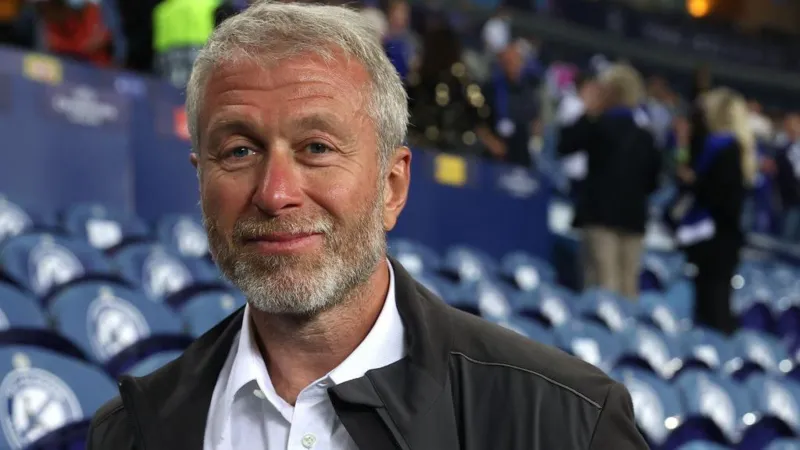The UK government has issued a stern warning to Roman Abramovich, threatening legal action over the delayed disbursement of £2.5bn from the sale of Chelsea Football Club. The sanctioned Russian billionaire sold the Premier League club in May 2022, shortly after Russia’s full-scale invasion of Ukraine, under a special licence that required the proceeds be used for humanitarian purposes.
Since then, the funds have remained frozen in a UK bank account, with no agreement reached on how or where the money should be spent. The government wants the entire amount directed towards humanitarian aid in Ukraine, while Abramovich insists that it be distributed to “all victims of the war,” including Russian nationals.
In a rare joint statement, Chancellor Rachel Reeves and Foreign Secretary David Lammy expressed frustration at the prolonged deadlock. “While the door for negotiations will remain open, we are fully prepared to pursue this through the courts if required,” the statement said. “We are determined to ensure people suffering in Ukraine can benefit from these proceeds as soon as possible.”
Abramovich, who has denied having close ties to Russian President Vladimir Putin, made his fortune in oil and gas during the post-Soviet privatization era. After acquiring Chelsea in 2003, he transformed the club into one of Europe’s elite football teams. However, following Russia’s invasion of Ukraine in February 2022, he was sanctioned by the UK government as part of a broader crackdown on Russian oligarchs with alleged ties to the Kremlin.
The sale of Chelsea to a consortium led by Todd Boehly and Clearlake Capital was approved by the Premier League and the UK government only after Abramovich agreed to relinquish any personal benefit from the transaction. Despite this condition, the legal ownership of the funds remains with Abramovich, complicating the disbursement process under UK sanctions law.
At the time of the sale, Abramovich pledged that proceeds would go to a charitable foundation for victims of the conflict in Ukraine. However, his definition of “victims” includes civilians on both sides of the war, a point that has become a major sticking point in negotiations with the UK government.
The UK maintains that the funds must be used exclusively for aid efforts within Ukraine. Officials have cited the urgency of humanitarian needs in the war-torn country and expressed concern that the impasse is delaying vital assistance.
A House of Lords committee echoed this frustration in a report last year, calling it “incomprehensible” that the donation had not yet materialized. “This impasse reflects badly on both Mr Abramovich and the government, which ought to have pushed for a more binding commitment,” the report concluded.
Government sources say several attempts have been made to reach a compromise, including proposals to establish a UK-controlled foundation that could oversee the distribution of the funds in line with the government’s aims. However, Abramovich’s legal team has reportedly pushed back against any arrangement that would exclude Russian beneficiaries.
The government’s threat of legal action is the clearest sign yet of its intention to resolve the matter, even if it means a lengthy court battle. It also underscores the broader political sensitivity surrounding the issue, as ministers seek to demonstrate support for Ukraine and clamp down on Russian influence in the UK.
While the government says it remains open to a negotiated solution, officials have made clear that they are losing patience. “This money was promised to help Ukraine,” said one government aide. “It’s long past time for that promise to be fulfilled.”



